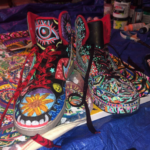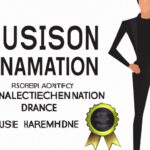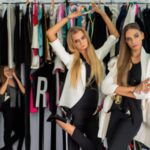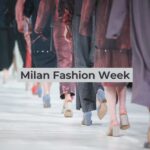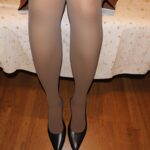Essential Questions to Ask a Fashion Designer: Unlocking Creativity and Expertise
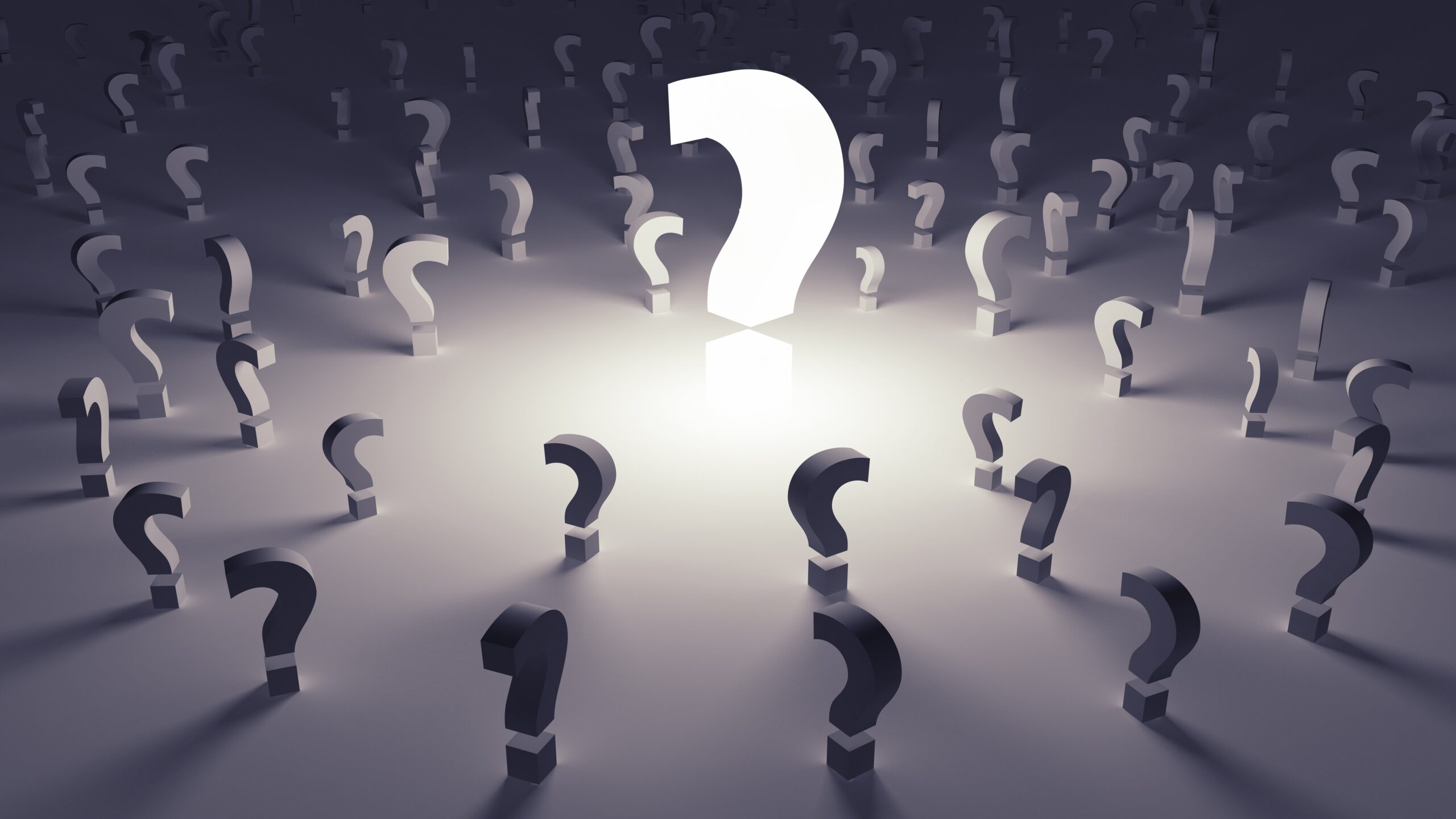
Introduction: Why Strategic Questions Matter in Fashion Design
Meaningful conversations with fashion designers are essential for anyone considering a career in fashion, hiring a designer, or collaborating on a creative project. The right questions can reveal a designer’s creative process, technical expertise, and ability to adapt in a fast-changing industry. Whether you’re a recruiter, journalist, business partner, or aspiring designer, knowing what to ask-and how to interpret the answers-provides invaluable insight into both the designer’s mind and the realities of the fashion world. [1] [2]
Understanding the Designer’s Vision and Creative Process
To assess a fashion designer’s originality and approach, begin by exploring their creative journey. Questions such as:
- “Can you describe your design process from concept to final product?”
- “What influences your design aesthetic, and how do you express that in your work?”
- “How do you incorporate storytelling into your collections?”
These questions help reveal not only the designer’s artistic inspirations but also their ability to translate ideas into wearable garments. For example, many designers start with extensive research, mood boards, and sketches before developing technical drawings and prototypes. [3] Asking about influences-ranging from art and architecture to pop culture-can also clarify how a designer’s background shapes their collections. [4]
Exploring Technical Skills and Tools
Technical proficiency is crucial in today’s competitive fashion market. It is beneficial to ask:
- “What software and tools do you use for your design work, and why?”
- “What is your experience with pattern making and garment construction?”
- “How do you approach selecting fabrics and materials?”
Most professional designers use programs like Adobe Illustrator, Photoshop, and 3D modeling software such as Rhino and Optitex. [5] Inquiring about hands-on skills, such as pattern making, ensures the designer has a solid grounding in both creativity and the technical realities of garment production.
Assessing Industry Awareness and Trend Adaptation
The fashion landscape changes rapidly. To evaluate a designer’s industry awareness, consider questions like:
- “How do you stay updated with the latest fashion trends and industry developments?”
- “Can you discuss a fashion trend you believe is overrated and why?”
- “How do you ensure your designs appeal to your target market?”
Most designers stay informed by attending fashion shows, reading industry publications, and following influential brands and designers on social media. [3] By discussing their approach to trend research and adaptation, you can gauge their ability to remain relevant and commercially viable.
Evaluating Collaboration, Communication, and Teamwork
Fashion design is rarely a solo pursuit. To understand a designer’s ability to work with others, ask:

Source: corporateculturepros.com
- “Describe a time when you had to collaborate with team members. What was your role?”
- “How do you handle constructive criticism of your designs?”
- “Are you comfortable working hands-on with models and other staff in the fashion industry?”
Designers must often balance creative vision with practical input from marketing, production, and sales teams. Their response indicates flexibility, communication skills, and openness to feedback-qualities vital for success in collaborative environments. [4]

Source: blog.prepscholar.com
Discussing Project Management and Problem-Solving
Fashion projects are complex, with tight deadlines and evolving requirements. To assess project management abilities, ask:
- “Can you discuss a challenging project you worked on and how you overcame obstacles?”
- “How do you manage your time and prioritize tasks when working on multiple projects?”
- “How do you handle tight deadlines and high-pressure situations?”
Effective designers often break large projects into manageable tasks, use organizational tools, and maintain clear communication with stakeholders. Look for real-world examples that demonstrate resilience and adaptability. [3]
Probing for Sustainability and Social Responsibility
Sustainable fashion is increasingly important. Relevant questions include:
- “How do you incorporate sustainability into your designs?”
- “What steps do you take to ensure ethical sourcing and production?”
- “How do you ensure diversity and inclusivity in your designs?”
Many designers now prioritize eco-friendly materials, ethical labor, and inclusive sizing. [5] Their answers should illustrate a genuine commitment to responsible design practices and awareness of broader industry challenges.
Understanding Business Acumen and Marketing Strategies
Fashion is both art and business. To evaluate commercial awareness, ask:
- “How do you balance creativity with the practical aspects of fashion design, such as cost and production?”
- “How do you approach marketing and promoting your designs?”
- “Can you share an example of how you have used customer feedback to improve your designs?”
Designers may discuss working with merchandisers, leveraging social media, or seeking direct feedback from clients to align their creative vision with market demand. [1]
Accessing and Applying These Questions
If you are preparing for an interview, collaboration, or mentorship meeting, you can:
- Review official career advice and job boards, such as the Indeed Fashion Designer Interview Guide , for more sample questions and answers.
- Attend industry events or webinars where designers are featured speakers, and use these questions in Q&A sessions.
- Reach out to professional organizations, such as the Council of Fashion Designers of America (CFDA), for mentorship opportunities and best practices in designer interviews.
- Prepare your own responses if you are a designer, using these questions as a framework to showcase your strengths and experiences.
When approaching a designer, consider their area of expertise and career stage. Tailor your questions to their background-emerging designers may be more focused on learning and innovation, while established designers may emphasize market strategy and brand evolution.
Potential Challenges and How to Overcome Them
Some designers may be hesitant to share proprietary processes or business strategies. In these cases, frame your questions around general approaches rather than confidential details. For example, instead of asking for specific supplier names, inquire about the qualities they look for in partners. If access to designers is limited, consider following their published interviews and public talks for insights.
Summary: Maximizing Value from Your Dialogue
Asking thoughtful, open-ended questions is the most effective way to gain a nuanced understanding of a fashion designer’s skills, vision, and potential fit for your project or organization. By preparing strategically, you can foster a dialogue that benefits both parties-leading to better collaborations, hiring decisions, and creative outcomes.
References
- [1] FinalRoundAI (2025). The 25 Most Common Fashion Designers Interview Questions.
- [2] Indeed (2025). 40 Fashion Designer Interview Questions (And Sample Answers).
- [3] AIAS Career Center (2018). 6 Apparel Fashion Designer Interview Questions.
- [4] My Interview Practice. Fashion Designer Interview Questions.
- [5] AFTA (2015). 6 Fashion Designer Interview Questions.

